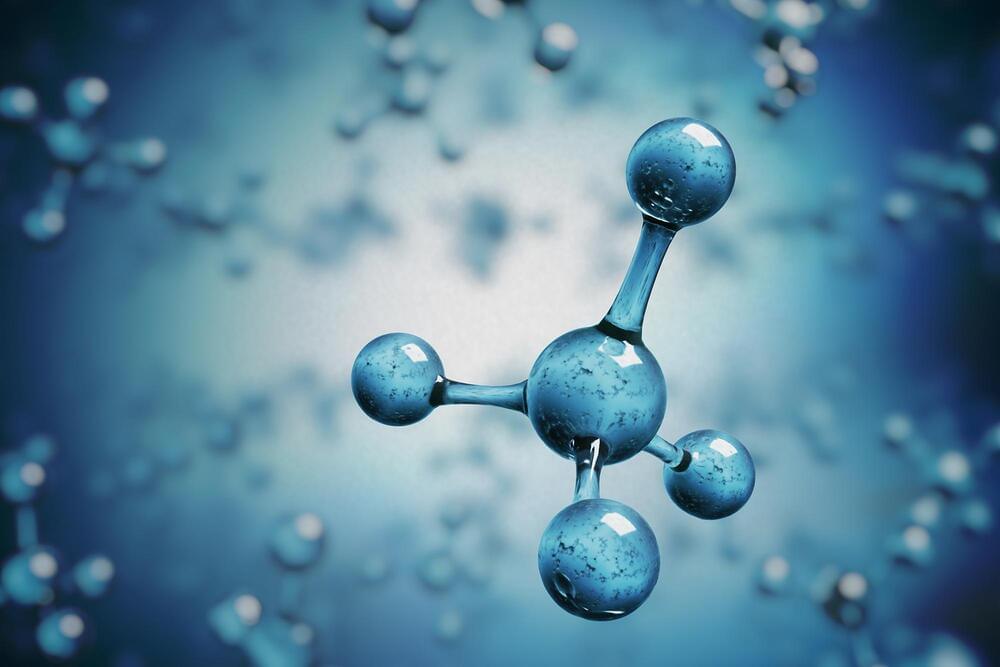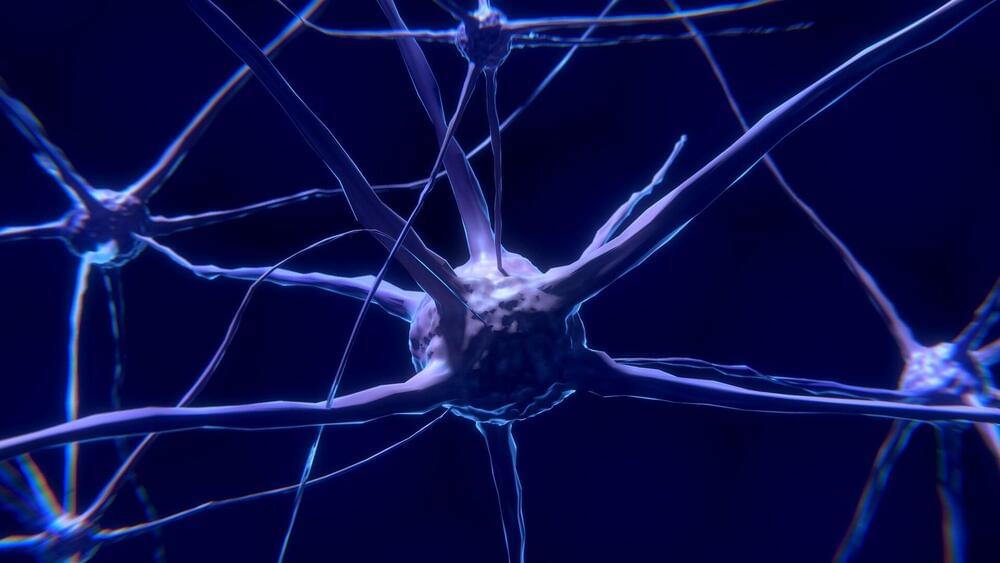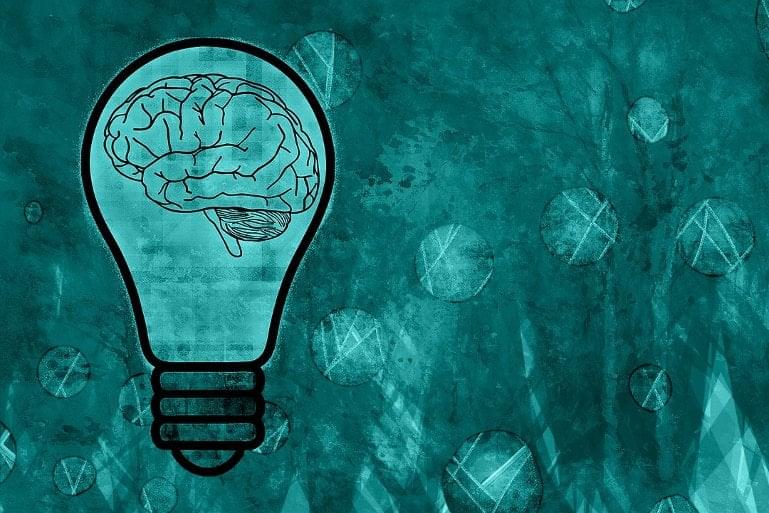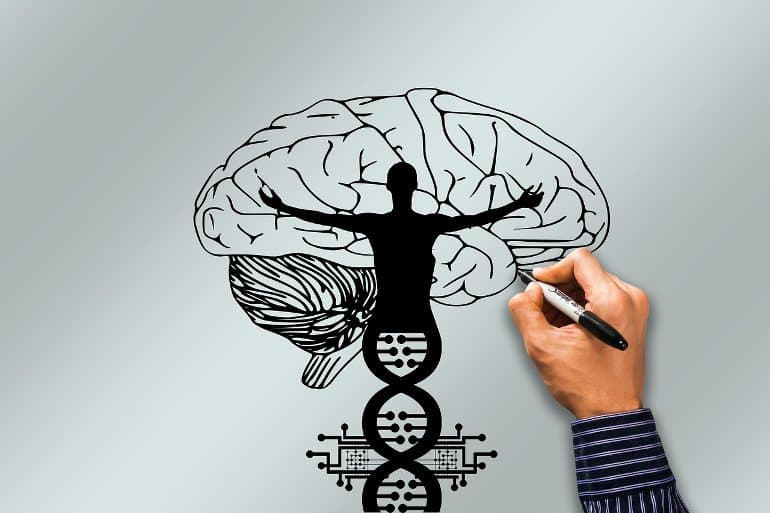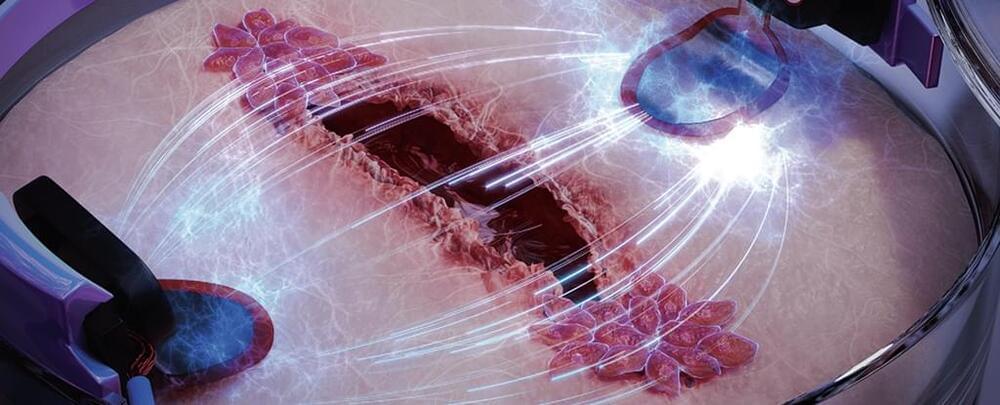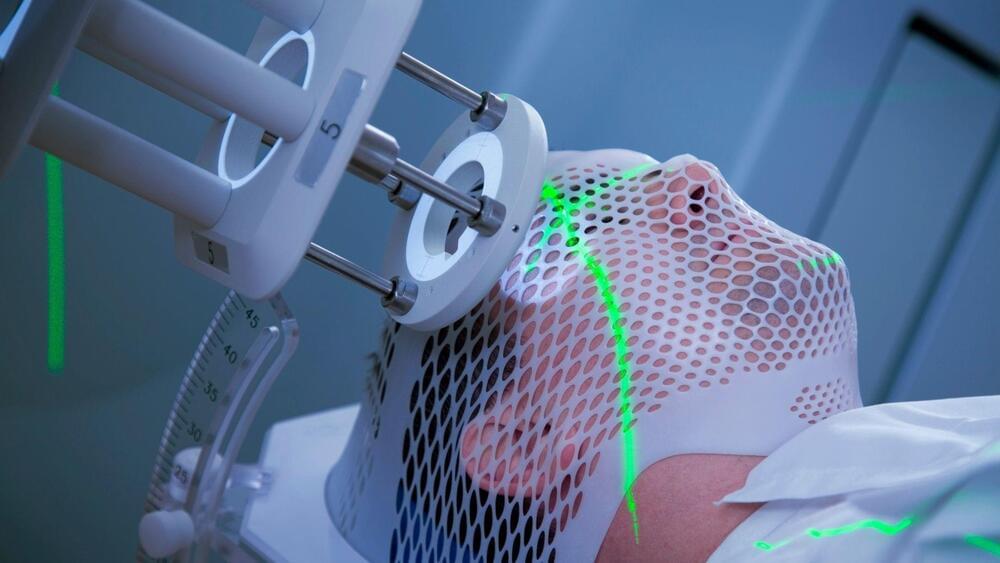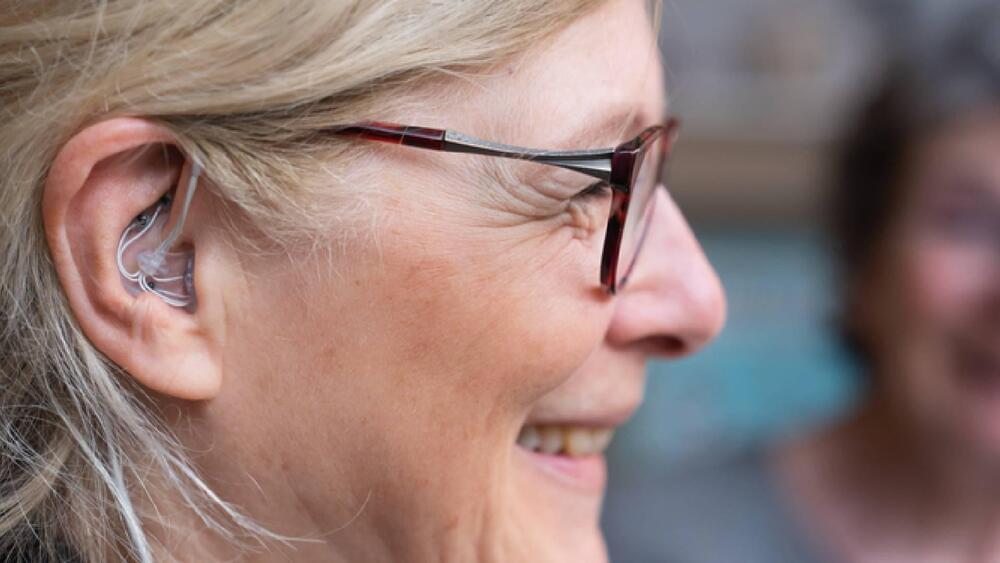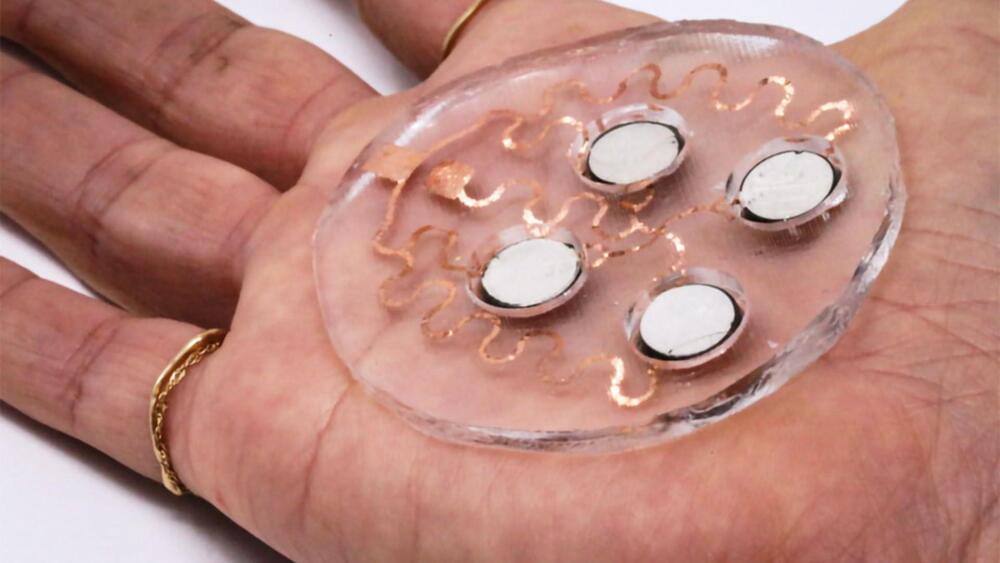Apr 26, 2023
Warning: Common Synthetic Chemicals Disrupt Key Biological Processes — Linked to a Diverse Array of Diseases
Posted by Paul Battista in categories: biotech/medical, chemistry, food, genetics
Researchers from the Keck School of Medicine of USC have discovered that being exposed to a mixture of synthetic chemicals commonly present in the environment affects multiple crucial biological processes in both children and young adults. These processes include the metabolism of fats and amino acids.
<div class=””> <div class=””><br />Amino acids are a set of organic compounds used to build proteins. There are about 500 naturally occurring known amino acids, though only 20 appear in the genetic code. Proteins consist of one or more chains of amino acids called polypeptides. The sequence of the amino acid chain causes the polypeptide to fold into a shape that is biologically active. The amino acid sequences of proteins are encoded in the genes. Nine proteinogenic amino acids are called “essential” for humans because they cannot be produced from other compounds by the human body and so must be taken in as food.<br /></div> </div>
